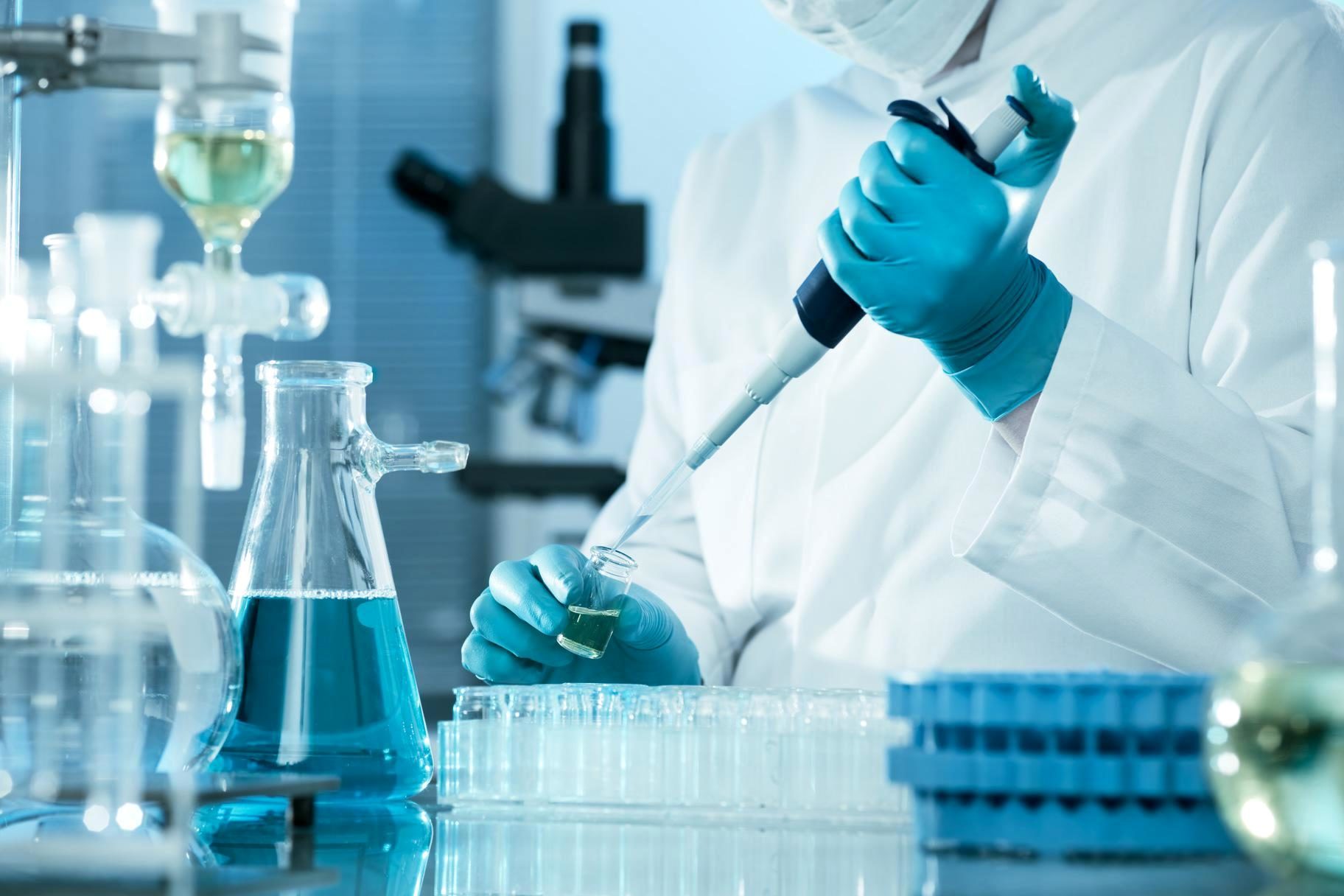ASTM D5526 Automotive Plastic Chemical Degradation Testing
The ASTM D5526 test method is a critical tool in evaluating the chemical stability of automotive plastics. This testing procedure assesses how various chemicals affect plastic specimens, ensuring that parts like bumpers, dashboards, and interior components remain durable under real-world conditions.
Automotive plastics are exposed to numerous environmental factors during vehicle manufacture and use. These include moisture, temperature fluctuations, sunlight, fuels, solvents, and cleaning agents. ASTM D5526 helps manufacturers understand how these factors contribute to the degradation of plastic materials, thereby enabling them to select more resilient compounds.
The test involves placing a small piece of automotive plastic in contact with a specific chemical for a set period. The specimen is then evaluated for changes such as weight loss, color change, or dimensional alterations. This information is crucial for quality assurance teams and R&D engineers who need to optimize materials for longevity and performance.
Compliance officers also benefit from ASTM D5526 results because it helps ensure that automotive components meet industry standards like ISO 17940-3, which covers the performance of plastic parts in road vehicles. By adhering to these standards, manufacturers can avoid costly recalls and enhance consumer confidence.
For procurement departments, knowing the chemical resistance of potential suppliers’ materials is essential. ASTM D5526 provides a standardized method for evaluating material compatibility with various chemicals commonly found in automotive environments. This ensures that selected materials will withstand the rigors of real-world usage without degrading prematurely.
The test can also be tailored to specific chemical exposures relevant to particular vehicle types or regions, such as European Union regulations on biodegradable plastics. By understanding how different chemicals interact with plastic parts, manufacturers can make informed decisions about material selection and improve overall product quality.
Why It Matters
The durability of automotive plastics directly impacts vehicle safety, performance, and environmental impact. By using ASTM D5526 to evaluate chemical resistance, manufacturers can ensure that their parts remain functional over the entire lifecycle of a vehicle.
Chemical degradation is one of the primary causes of plastic failure in automobiles. Factors such as exposure to solvents during assembly or contact with fuel and oils in operation can shorten the life span of plastics if not properly tested and selected. ASTM D5526 helps identify these vulnerabilities early, allowing for corrective measures before they lead to costly issues.
For consumers, reliable automotive plastics mean safer vehicles that last longer without compromising on aesthetics or functionality. Additionally, ensuring compliance with industry standards like ISO 17940-3 not only protects the integrity of each vehicle but also contributes positively to environmental sustainability by minimizing waste from prematurely failing parts.
From an environmental perspective, reducing plastic waste is crucial for promoting sustainable practices within the automotive industry. By applying ASTM D5526 testing throughout development stages, manufacturers can design more durable plastics that require less frequent replacement, ultimately leading to reduced landfill contributions and lower resource consumption.
Quality and Reliability Assurance
- Standard Compliance: Ensures adherence to industry standards such as ISO 17940-3, which specifies the performance of plastic parts used in road vehicles.
- Material Selection: Provides insights into material compatibility with various chemicals present in automotive applications.
- Prediction of Longevity: Helps predict how long a particular type of plastic will maintain its integrity under specified chemical exposures.





